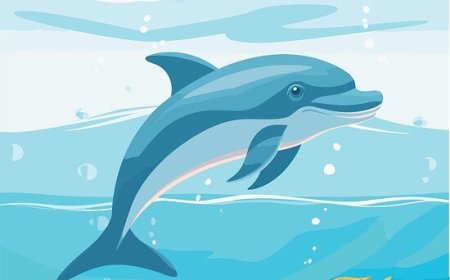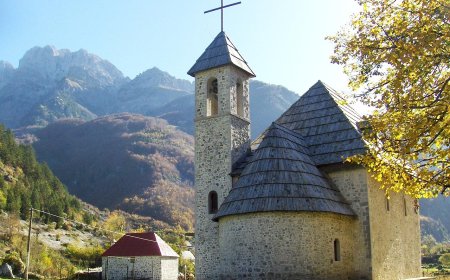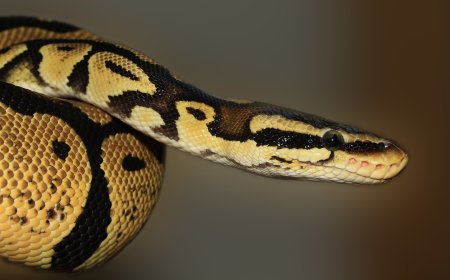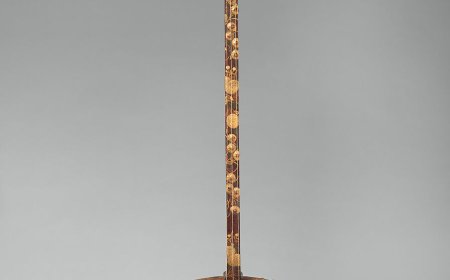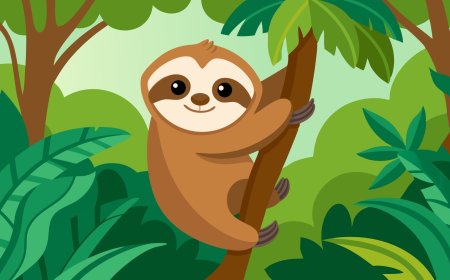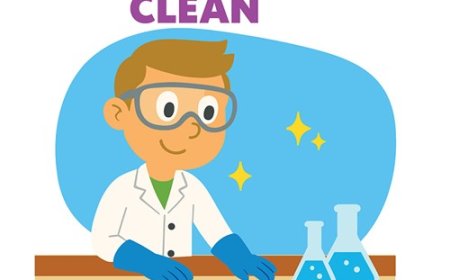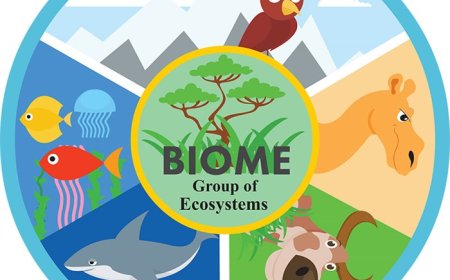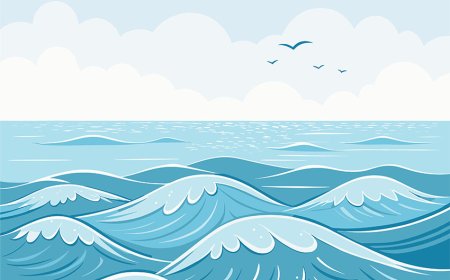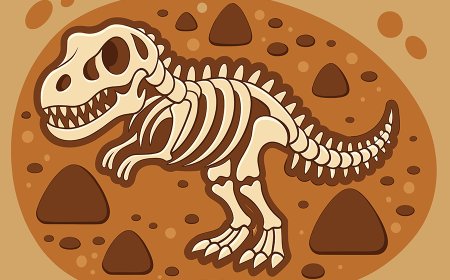Chemistry
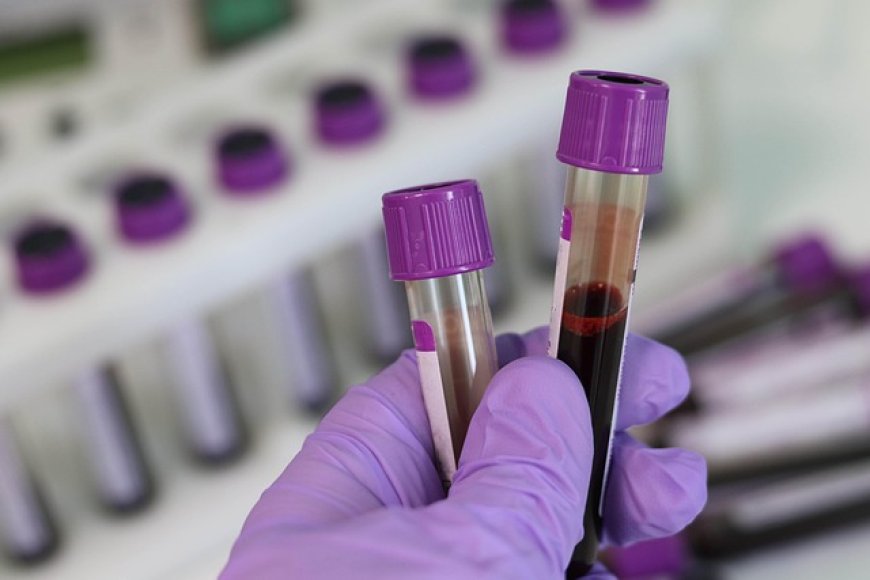
🌟 Introduction
Chemistry is often called the central science because it connects physics, biology, geology, astronomy, and even environmental studies. At its core, chemistry is the study of matter-what everything is made of-and how that matter changes. From the air we breathe to the food we eat and the medicines we take, chemistry explains the invisible building blocks and reactions that make life possible.
The history of chemistry stretches back thousands of years, from ancient alchemists searching for ways to turn metals into gold to modern scientists developing life-saving vaccines and renewable energy. For students, chemistry opens the door to understanding the world at the smallest level and inspires careers in medicine, engineering, and environmental science.
🔍 Understanding Chemistry
-
Matter: Everything that has mass and takes up space. Chemistry studies matter's structure, properties, and behavior.
-
Atoms & Molecules: Atoms are the smallest units of elements, and they combine to form molecules.
-
Elements: Pure substances made of one type of atom (like oxygen or gold).
-
Compounds: Substances formed when two or more elements combine chemically (like water or carbon dioxide).
-
Chemical Reactions: Processes where substances change into new substances by breaking and forming bonds.
-
Energy in Chemistry: Reactions can release or absorb energy, such as in fire, batteries, or photosynthesis.
🌍 Why Does It Matter?
-
Daily Life: Chemistry is in cooking, cleaning, medicine, fuel, clothing, and even our bodies.
-
Health: Medicines, vaccines, and hospital equipment rely on chemistry.
-
Environment: Chemistry helps us understand pollution, climate change, and how to protect natural resources.
-
Technology: Computers, phones, and space exploration all depend on chemical materials.
-
History: Chemistry gave us fertilizers for farming, plastics for building, and even the food preservatives that keep meals fresh.
🧪 How We See It in Daily Life
-
Baking bread uses chemistry (yeast makes carbon dioxide gas, which makes dough rise).
-
Soap works because of chemical interactions between oils and water.
-
Fireworks are colorful explosions of chemical compounds.
-
Breathing is chemistry-oxygen molecules react with glucose to give us energy.
-
Batteries that power your phone are chemical systems.
🌟 Classroom Activities or Experiments (Safe Ideas)
-
Vinegar + Baking Soda Reaction: Demonstrates gas release in a chemical reaction.
-
Making Rock Candy: Shows crystallization of sugar from a solution.
-
Lemon Battery: Produces electricity with citrus acid.
-
Chromatography with Markers: Separates colors into their chemical components.
✨ Fun Facts
-
Your body is a living chemistry lab, carrying out thousands of reactions every second.
-
Water is called the "universal solvent" because it dissolves so many substances.
-
The word "chemistry" comes from khemia, meaning "the art of transmuting metals."
-
There are currently 118 elements on the periodic table.
-
DNA, the code of life, is a giant chemical molecule.
📌 Key Takeaways
-
Chemistry is the study of matter and how it changes.
-
Everything around us involves chemistry-food, medicine, energy, and nature.
-
Atoms, elements, and molecules are the building blocks of chemistry.
-
Chemistry connects to every branch of science.
-
It explains both everyday processes and the mysteries of the universe.
🐾 Kid-Friendly Summary
Chemistry is the science of what everything is made of and how it changes. It explains why bread rises, why fireworks shine, and how medicines work. Without chemistry, we wouldn't understand life, energy, or even the air we breathe!
📚 Vocabulary Words
-
Matter - Anything that has mass and takes up space.
-
Atom - The smallest unit of an element.
-
Element - A pure substance made of one type of atom.
-
Molecule - Two or more atoms bonded together.
-
Compound - A substance made when elements combine chemically.
-
Chemical Reaction - A process that changes substances into new ones.
🧠 Interactive Quiz: Chemistry Basics
Instructions: Choose the best answer. Answers are at the end.
-
1. What does chemistry study?
A) Stars only
B) Matter and its changes
C) Only living things
D) Rocks only -
2. What is the smallest unit of an element?
A) Atom
B) Molecule
C) Compound
D) Particle -
3. Which of these is a chemical reaction?
A) Ice melting
B) Water boiling
C) Baking soda + vinegar fizzing
D) Cutting paper -
4. How many elements are on the periodic table today?
A) 50
B) 92
C) 118
D) 200 -
5. What’s another name for H₂O?
A) Oxygen
B) Carbon dioxide
C) Water
D) Hydrogen




